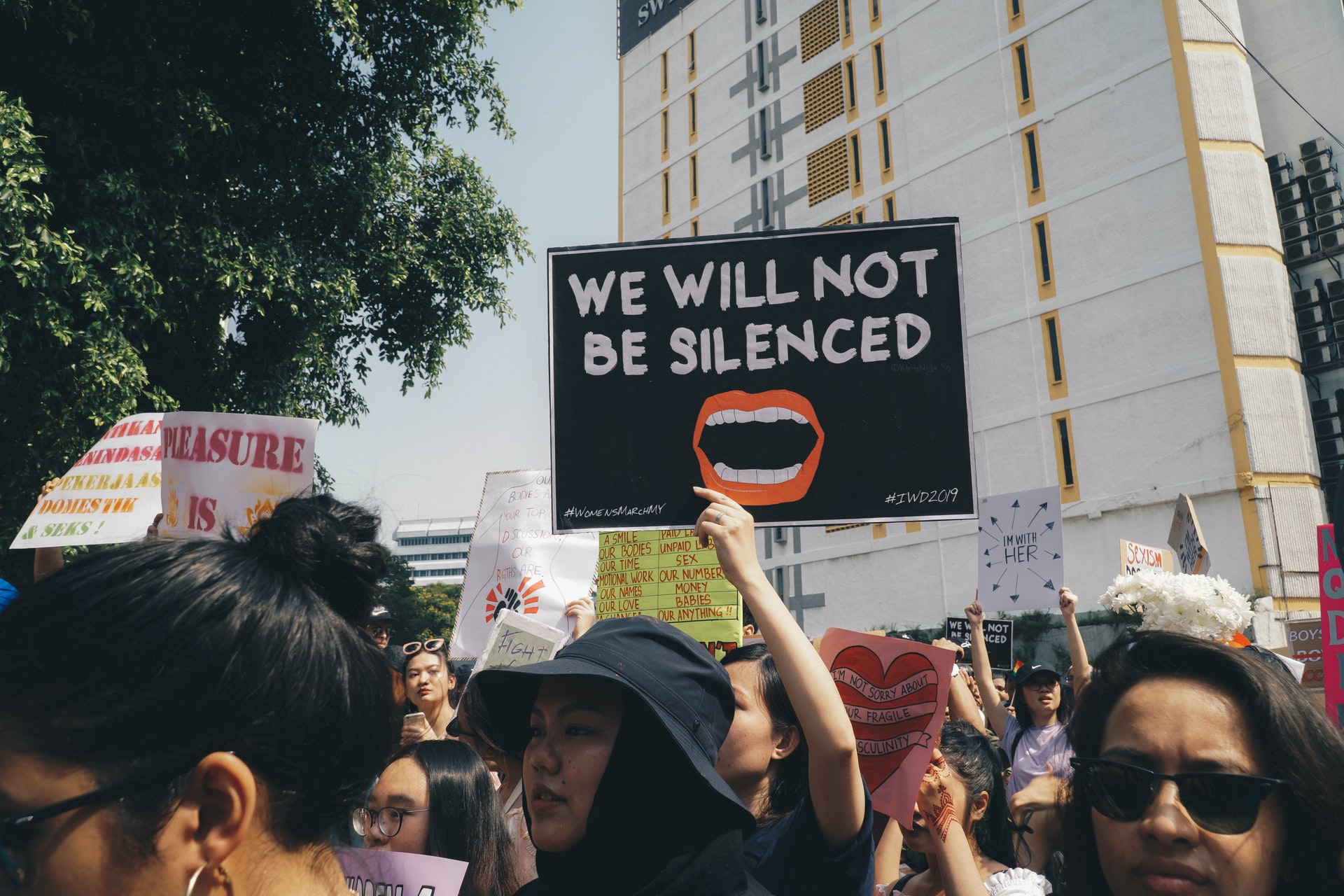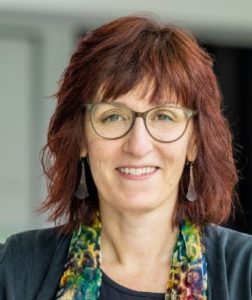
With expertise in social work and criminology, Dr Kate Seymour – Senior Lecturer with the College of Education, Psychology and Social Work – is familiar with inequality in many forms and points out that while we should celebrate how far we’ve come, the quest for equality has not travelled a perfect path.

“For me, International Women’s Day is about acknowledging that the ‘we’ has never included all women – not all voices are heard, not all perspectives are valued,” says Dr Seymour.
“International Women’s Day should remind us of the necessity for broader and more profound change, focusing on the ways in which society, as it is currently organised, positions people differently – based on gender but also sexuality, ‘race’, culture, (dis)ability, social class, and so on – with effects that are not merely symbolic but material and tangible.”

Associate Professor Janice Jones from the College of Business, Government and Law agrees that to achieve inclusion and equity among all people, we must recognise that a range of differences exist between people and that all people require specific support.
“Equity asks us to acknowledge that people have different needs and opportunities,” she says. “In this way, barriers are identified and people on the margins can be elevated to an equal playing field, thereby upholding diversity.”

Professor and Dean of Law, College of Business, Government and Law
Professor Tania Leiman, Professor and Dean of Law in the College of Business, Government and Law, puts the case for change simply.
“It’s not just women who could be impacted. We need to make sure that diverse people are involved, to ensure that diverse perspectives are included from the start.”
In a world where algorithms are increasingly driving decisions around rights and obligations, Professor Leiman points out that this could entrench existing areas for discrimination, or even create new ones.
“Great care needs to be taken to ensure that the rights of women and girls is adequately protected as we increasingly use emerging technology as part of our everyday lives,” she says.

For Professor in Disability and Community Inclusion Sally Robinson, International Women’s Day is a day to be thankful for the women who may no longer be with us, and to remember that while work opportunities exist for some members of the community, others have been left behind.
“For me, International Women’s Day is an important day to reflect on where we’ve come, collectively, but how far we still have to go,” says Professor Robinson. “There are so many women leading change who weren’t there a generation ago, but so many women are still missing basic rights – safety, a good standard of living, respect.”
The history of gender equality is messy, but Dr Seymour says she finds empowerment in those women who have never given up.
“If there is any such thing as a champion of gender equality, I can think only of those women who somehow manage to keep going, keep trying, keep speaking up, for themselves and for others, despite knowing – and feeling it in their bones – the disinterest and dismissiveness that often surrounds them.”

